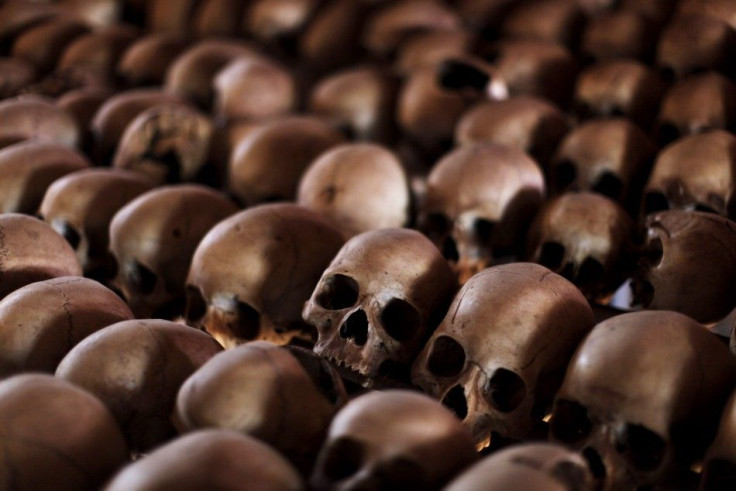100 Suspected War Criminals Applied For Asylum In Britain Last Year

Almost 70 years after the commencement of the Nuremburg trials, a wholly new wave of war criminals have sought refuge in the United Kingdom. According to a report in the BBC, citing records from Britain’s Home Office, almost one hundred suspected war criminals -- originating in a host of countries, from Afghanistan to Rwanda -- applied for citizenship or asylum in the U.K. last year.
The majority of these applicants have been resident in the U.K. for several years. Further, records indicate that the Home Office investigated applications filed by almost 800 suspected war criminals and found irrefutable evidence in at least 99. Of those 99 suspects, three were expelled, 20 had their asylum applications rejected and 46 saw their bids for British nationality turned down. It is unclear what fate befell the others.
In response to the sensational development, the Home Office said it will not allow Britain to become a "refuge for war criminals.” "Anyone accused of these crimes should be put on trial in their home country and we will always seek to return them to face justice," said a spokesman for the Home Office.
But Michael McCann, a Labour Party MP, and chairman of a parliamentary group that seeks to prevent genocide, warned that the government needs to provide more transparent data regarding war criminals living in the country. "I have deep concerns that the Home Office isn't being as forthright as it could be and I think we should be drilling down into these cases in order to give the public of our country that security," McCann said.
Typically, suspects convicted of having committed war crimes are not deported to their native countries over fears by British courts that they will be subject to torture or certain death there. For example, in May of this year, five men from Rwanda were arrested for their alleged involvement in the genocide that took the lives of about 800,000 people in the central African nation in 1994. It emerged that some of the suspects had lived in the U.K. for more than a decade and one even found employment in an Essex nursing home. Three remain in custody while the other two were released on bail. In 2009, Rwandan authorities sought to extradite the same five men -- but the British High Court denied the application, over concerns they would not receive a fair trial in their native country.
"The police need more resources to investigate these crimes because it's difficult to investigate them," said Kevin Laue, a legal adviser with Redress, an anti-genocide charity, according to BBC. "That, in turn, requires more political will and commitment at the higher level for them to be given the resources to properly investigate."
Survivors of the genocide in Rwanda also currently live in Britain. One of them, Beatha Uwazaninka, lamented: "It is very sad especially for survivors who have gone through so much and yet there is no justice. They [war criminals] should be sent to where they committed the crimes but if they cannot send them to Rwanda, at least they can be tried to the UK. It is sending a message that wherever you go you will face the consequences of what you have done."
Other suspected war criminals came to Britain in recent years from Iran, Iraq, Libya, Rwanda, Serbia and Sri Lanka, according to the Independent newspaper.
© Copyright IBTimes 2024. All rights reserved.





















